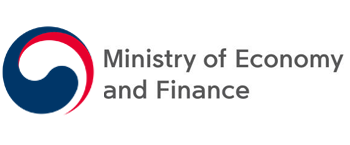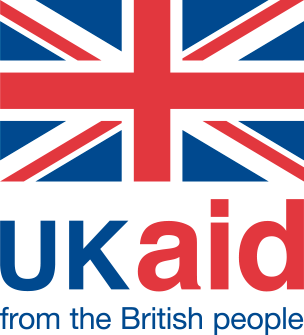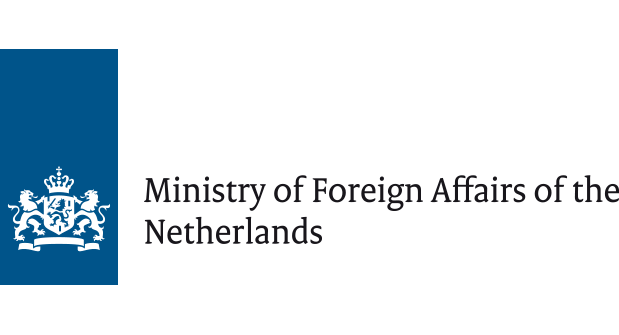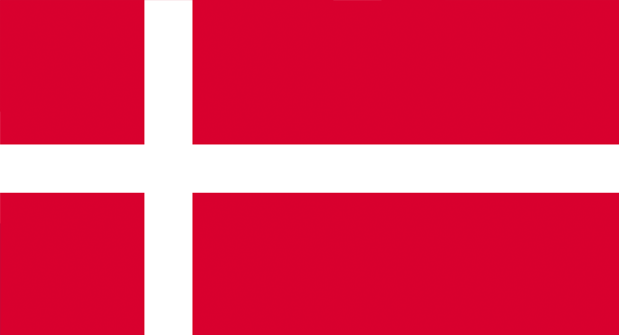Scaling Solar FAQ
Scaling Solar is a World Bank Group (WBG) program developed to make it faster, easier, and cheaper for developing countries to procure utility-sized private solar power. Scaling Solar was designed around the premise that grid scale solar could be accelerated by incorporating three basic elements: i) transparent, competitive tendering, ii) pre-negotiated and bankable template project and procurement documents, which are fair and balanced to all parties, and iii) package of WBG support to Governments and private sector developers from project inception to financial close to operations.
Negotiated deals with high tariffs were the status quo in Sub-Saharan Africa at the time when Scaling Solar was developed – in Zambia, the typical rate offered to the Government in unsolicited proposals at the time IFC signed its advisory mandate was 12 c/kWh – in less than a year, that was halved to 6 c/kWh through transparent competition. Similarly, the tenders in Senegal and Uzbekistan each set new benchmarks in their respective countries (3.80 and 3.98 Euro cents per kilowatt hour for two projects in Senegal and 2.7 US cents per kilowatt hour in Uzbekistan Round 1 and 1.791 and 1.823 US cents per kilowatt hour for two projects in Uzbekistan Round 2).
We believe this formula – whether delivered through the Scaling Solar program or not – remains the best way for governments to scale renewables and achieve value for money. To date, Scaling Solar programs have awarded almost 700MW in 3 countries (Zambia, Senegal, and Uzbekistan). The plants in Zambia and Senegal are operational and the plants in Uzbekistan are either under construction or have secured financing and will commence with construction shortly. Additional Scaling Solar mandates for more than 300MW are ongoing in four other countries and are at various stages of project preparation or procurement.
What is included in Scaling Solar?
Scaling Solar includes advice for assessing the right size and location for grid-tied solar PV plants; support for initial development of the projects; a standardized tender/auction process for receiving bids from developers; templated and bankable project documents that are quickly tailored to the client country; a direct marketing channel (www.scalingsolar.org) to leading developers; and stapled offers to all bidders of competitive financing, insurance, and guarantees from the World Bank, MIGA, and IFC.
Where is Scaling Solar best suited?
Scaling Solar is a templated tender process with pretested, bankable documents including a Power Purchase Agreement, Government Support Agreement, Indemnity Agreement, and Guarantee Agreement. It is most applicable in countries with the following:
- a state-owned public electricity utility that will be the “off-taker” of power from the private solar project
- daytime electricity demand and the grid capacity and stability necessary to absorb a solar project of at least 30-40MW (though the “project” can be installed as several smaller installations – eg 2x20MW).
- sufficient macro/sector credibility to attract private investors to bid alongside the World Bank Group
How does Scaling Solar set tariffs?
Scaling Solar cannot guarantee a particular tariff. Instead, it delivers competitive ‘reverse auctions’ and every element of its design is intended to ensure the winning bids in any given country deliver the lowest price possible for that project, in that country, at that time. A solar power plant’s tariff is a function of a number of factors such as the quality of the solar resource, the project’s proximity to the grid and need for additional grid infrastructure, suitability of the site in terms of hydrology, geology, logistics, tax terms, etc.
What is the cost of Scaling Solar to participating Governments?
IFC Advisory does charge for its services (site selection, project preparation, tender preparation, project agreement localization and tender delivery etc.). Fees are agreed upfront and are adjusted for country means (country income status) and for the size and number of project sites to be tendered.
IFC Advisory does sub-contract specialist technical advisors (e.g. legal, engineering, environmental and social, accounting) and the associated costs are typically covered by donors – at least during project development. However, provided the project closes successfully, the costs are typically charged back to the project via a success fee (see below), ensuring that successful projects bear the cost of their own development.
IFC fees are structured in two parts to lower burden and align interests: a retainer (upfront or monthly) and a success fee. The success fee comes from winning bidders and so is not a government burden and only paid if commercial close is achieved.
Does Scaling Solar benefit from concessional finance?
The inclusion of a blended finance tranche in IFC’s financing offer is done on a selective basis, typically for first time tenders in a country or in particularly challenging markets where cost of capital is expected to be high or affordability of end tariffs low. If a blended finance tranche is included, this is done transparently, with pricing and terms disclosed to all prequalified bidders, providing comfort that in the context of a competitive tender, all bidders will pass through the benefits of the concessional pricing directly to lower tariff bids.
Is Scaling Solar undermining the market?
Scaling Solar was designed to be disruptive. The motivation for Scaling Solar was the observation that unlike larger middle-income countries which had high quality global developers competing to build power plants at low prices, many lower income countries were expending significant time and effort to negotiate higher tariffs from less experienced developers. Scaling Solar sought to develop the multi-market scale and professional procurement structure that would attract large, international players to more challenging markets. The first tenders in Zambia, Senegal and Uzbekistan have achieved these objectives and will deliver benefits to consumers via reduced tariffs. It has, however, exposed those offering higher tariffs via unsolicited bids elsewhere to increased scrutiny from their government counterparts.
What about conflict of interest?
Scaling Solar attracts large industry players, with associated low tariffs and high-quality installations, thanks to its consistent and professional procurement approach and bankable concession structures. The “stapled” term sheets from IFC, the World Bank, and MIGA are designed to underline the bankability of Scaling Solar’s templated documents and viability of projects in markets lacking proven independent power producer (IPP) programs. These term sheets are offered to bidders on an optional basis only. In Zambia, the winners selected IFC financing and a World Bank guarantee but did not opt for MIGA insurance. In Uzbekistan, IFC financed round 1 but the winning bidder opted to forego IFC financing in round 2 – in future tenders, other combinations may be chosen.








